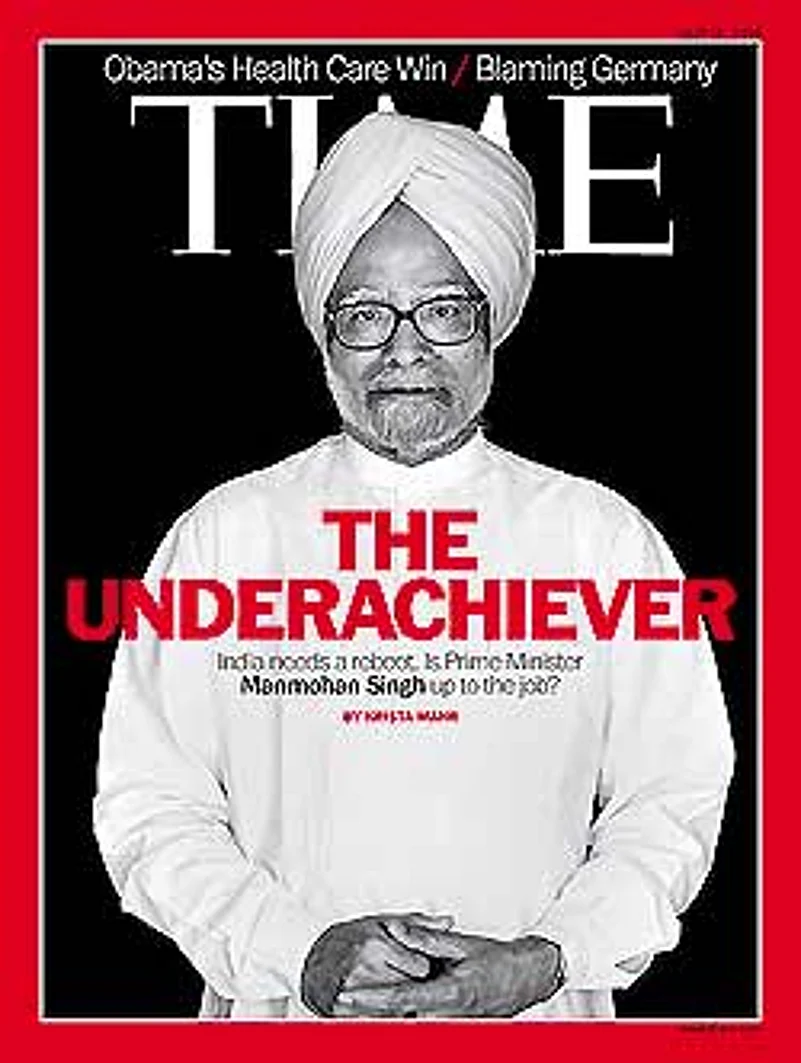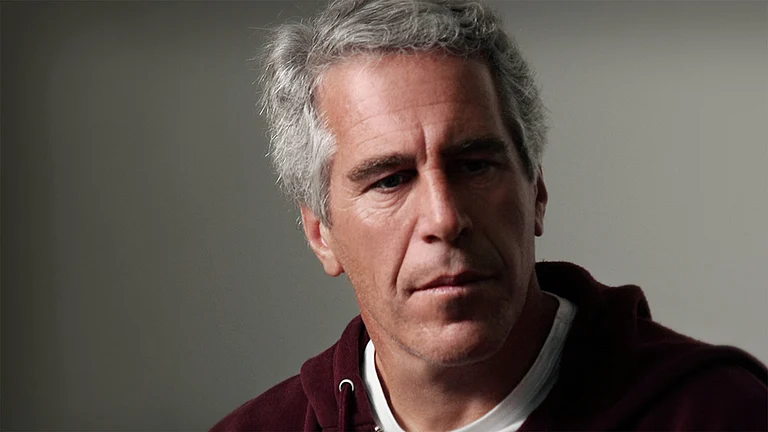Confession: I was on the streets of Washington celebrating Barack Obama’s victory that historic November night in 2008. Even for a non-voting non-American, it was difficult not to be swayed by the euphoria, the sheer magnitude of the moment, the rivers of pride flowing on every African American face. THE barrier broken.
The whole world believed in the promise of Obama. He was the ultimate rock star of politics, rousing people from Berlin to Delhi. Heart in the right place. Check. Will talk peace instead of war. Check. Has a high IQ, not just beer-drinking abilities. Check. Wants to block runaway capitalism. Check. What a relief after George ‘War on...’ Bush and Dick ‘Darth Vader’ Cheney.

| Pot-kettle dynamic Time’s take on PM Manmohan Singh’s record in office |
Yet, when Obama made the promise, people believed in “Yes, we can”. Only to find that he compromised too much, was too conciliatory and too easily browbeaten by the Tea Party leaders and their wacko demands. The cerebral, aloof aura didn’t help. For a long time, he was unable to, as the president, connect with and deliver a credible message to the average American. The Nobel Peace Prize, awarded prematurely and essentially for the feelgood factor and one famous speech in Cairo where Obama had recognised the suffering of the Palestinians, looks now a bit silly. Tactical misjudgements, turf wars among his advisors and the power of the pro-Israeli lobby defeated him. He just washed his hands of the Middle East peace process and concentrated instead on the war on terror.
There too, liberals are dismayed at the unprecedented expansion of national security powers, increased use of the drone programme, crackdown on whistleblowers and the continuing CIA renditions. He has a “kill list” under which any military-age male in the strike zone is deemed a terrorist. Obama has been called Bush on steroids. Not a label any one would have conjured up in the heady days of 2008 because Obama was different. As it turns out, not really. He had vowed to close Guantanamo Bay, but gave up in the face of fierce opposition. Both Republicans and Democrats refused to allow the remaining 171 prisoners to be brought to the mainland for prosecution. “Not in my backyard,” was the stern message. Obama backed off. But he did get Osama and did show a cool resolve not usually associated with squishy Democrats. He called Pakistan’s bluff, ended the war in Iraq, helped in the ouster of Libya’s Col Gaddafi and recalibrated US policy toward Asia with an eye on an assertive China. From India’s point of view, this is mostly good.
Obama’s domestic policy achievements are significant considering the financial crisis he walked into. He could have imposed stronger regulations on the banking sector when Wall Street was on its weakest political wicket. He didn’t. Bailed out and free, the executives walked off with big bonuses. Not a pretty sight. He delivered on healthcare reform after a bruising battle, he revived the auto industry and got the inert carmakers of America to make more fuel-efficient cars, and put tough consumer protections on the credit card industry.
Still, three years later, he looks like a uber realist, not a uber idealist. And even to his most ardent supporters, he is an underachiever. Just like Manmohan Singh.
(Former deputy foreign editor of Outlook, Seema Sirohi is currently based in Washington DC)

























